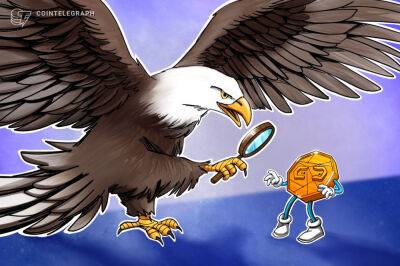Paraguay President Squashes Bitcoin & Crypto Mining Bill with ‘Total Veto’
Paraguayan President Mario Abdo Benítez has spectacularly scuppered a much-vaunted bill that would have legalized and regulated Bitcoin (BTC) and crypto mining in the Latin American country.
As reported, the ambitious draft law began as a private member’s bill in the lower house and was formulated in conjunction with domestic miners who want to use surplus electrical energy produced at hydroelectric plants. It was eventually taken up by the Senate, where it was championed by Senator Fernando Silva Facetti.
The Senate then approved the bill, as did the lower house. But it appears to have fallen at the very last hurdle, with Benítez unhappy about how crypto mining’s electricity consumption could impact sustainability in the long run.
Benítez, per Portalo de Bitcoin, decreed that crypto mining “requires a high level of electricity consumption that could compromise the development and expansion of an inclusive and sustainable national industry.” The decree, which the President remarked had been made after taking advice from the nation’s central bank, also made note of the fact that mining makes “intensive use of capital and low use of manpower,” and “as such, does not generate added value” for the economy.
Earlier this month, Cryptonews.com reported that the bill had drawn criticism from many politicians, some of whom claimed that the draft law had been hurried.
Others still repeated all-too-familiar claims about mining’s alleged high carbon footprint. International miners have stated that they will agree to set up shop in Paraguay, providing they are offered special, low electricity rates.
The same critics also claimed that Paraguay has very little to gain by allowing international miners access to Paraguayan power – and that
Read more on cryptonews.com









![Bitcoin [BTC]’s latest surge may not last long and the culprit is none other than… - ambcrypto.com - city Santiment](https://finance-news.co/storage/thumbs_400/img/2022/9/10/40364_pfdk.jpg)














